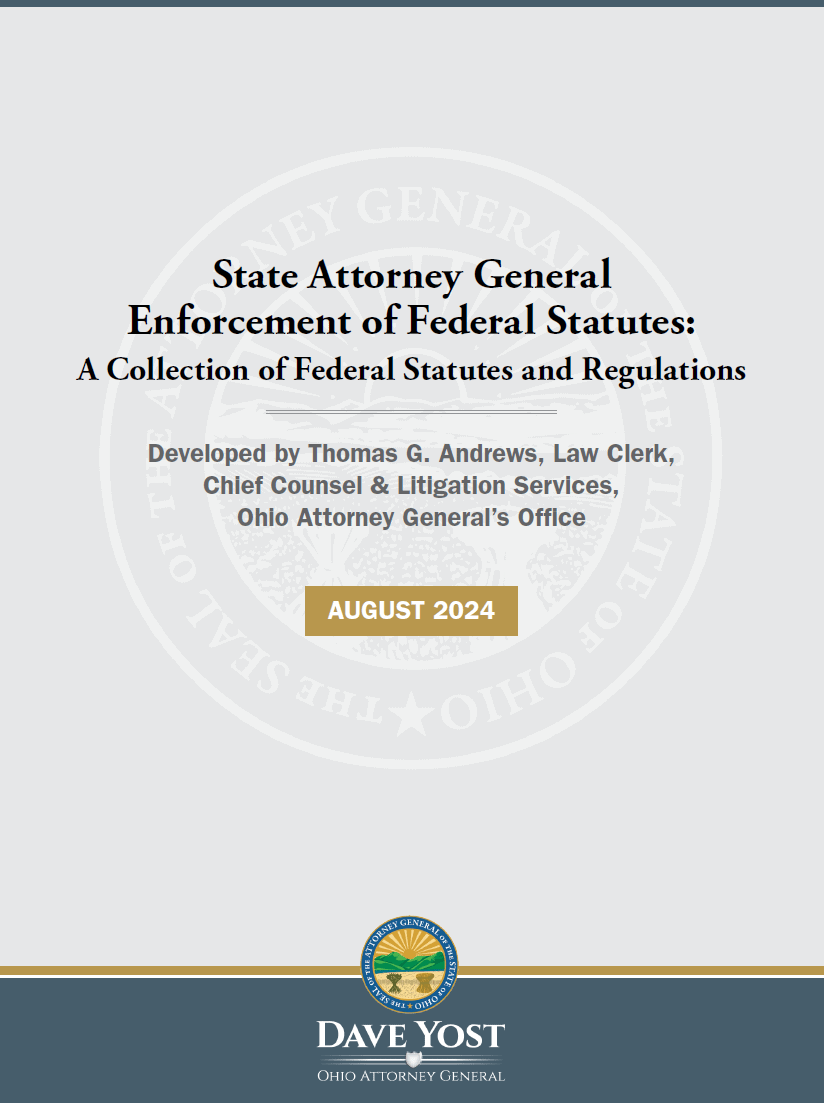The Hawaii attorney general’s subpoena authority was recently upheld by the Hawaii supreme court in In re Investigation of KAHEA, 2021 Haw. LEXIS 213 (Haw. Sept. 20, 2021). The attorney general issued subpoenas to KAHEA, a community-based environmental justice organization that opposes development of a large telescope on Mauna Kea on the island of Maui. KAHEA has a fund that provides support to protestors seeking to stop the telescope, including providing bail for protestors who are arrested. KAHEA also sued state agencies responsible for the development, who were represented by the attorney general.
The attorney general issued a subpoena to KAHEA’s bank, seeking financial records. The attorney general stated that she was investigating whether the Fund’s support of putatively illegal actions gave KAHEA an illegal purpose such that it could not properly claim 50l(c)(3) tax-exempt status. KAHEA sought to quash the subpoena. The lower court held that the attorney general had the authority to issue the subpoena but disallowed several of the categories of documents sought by the attorney general. KAHEA appealed.
The applicable statute, HRS § 28-2.5(a), provides, “[t]he attorney general shall investigate alleged violations of the law when directed to do so by the governor, or when the attorney general determines that an investigation would be in the public interest.” KAHEA argued that despite the broad language of HRS § 28-2.5, the attorney general lacked statutory authority to issue the subpoena because the attorney general’s investigation (I) does not involve KAHEA’s alleged violations of law; (2) was not directed by the governor; and (3) is not in the public interest. The court held,
HRS § 28-2.S(a) does not check the Attorney General’s discretion to determine when an investigation is “in the public interest.” Nor does it require that an “allegation” of unlawful conduct be sufficiently serious or credible before it may be investigated. A subpoena may always be challenged on state or federal constitutional grounds. And parties who feel compliance with a subpoena would be unreasonable or oppressive may move to quash or modify it under HRS § 28- 2.5(e). But they cannot second-guess the Attorney General’s discretion under HRS § 28-2.S(a). . . . The determination of whether an investigation is “in the public interest” rests squarely with the Attorney General. Not with KAHEA. And not with this court.
KAHEA next argued that the subpoena unconstitutionally encroached on its First Amendment rights. The court held that KAHEA had incorrectly treated the subpoena as equivalent to a law punishing its speech. To hold that administrative subpoenas are not constitutional (or legitimate under state statutes) unless “they are issued during investigations that the court believes will give rise to charges or claims for which the defendant will not have a valid constitutional defense . . . would represent a significant and inappropriate encroachment on the Attorney General’s powers of inquisition.” The court continued, “[The subpoena] does not forbid or proscribe KAHEA from doing, saying, funding, or supporting anything. KAHEA’s arguments miss the critical point that a governmental investigation triggered in response to constitutionally-protected speech is not the same thing as a law criminalizing th.at speech. Any burden on KAHEA’s speech here is purely incidental.”
Finally, the court turned to KAHEA’s argument that the attorney general was retaliating against KAHEA for First Amendment-protected speech. A plaintiff alleging retaliation must show “(l) [they were] engaged in a constitutionally protected activity, (2) the defendant’s actions would chill a person of ordinary firmness from continuing to engage in the protected activity and (3) the protected activity was a substantial or motivating factor in the defendant’s conduct.” The court found that the first two factors were satisfied, but that KAHEA’s protected activity was not a substantial factor in the attorney general’s investigation. First, “the notion that KAHEA’s support for “direct action” on Mauna Kea might impact its eligibility for § 50l(c)(3) status is not so unsound that it betrays retaliatory animus.” Second, the fact that KAHEA had filed cases against state agencies represented by the attorney general might show a motive for targeting KAHEA, but that is not the same as showing a retaliatory animus. Finally, the court noted that although the overbreadth of the original subpoena might be evidence of a retaliatory animus, “overbroad subpoenas are unremarkable. And while the unreasonableness of the Subpoena may “tend to” show that retaliation motivated the Subpoena, it is not dispositive on this point.” The court concluded, “[T]he State AG’s stated rationale for investigating KAHEA is consistent with the Attorney General’s obligation to “represent the public interest in the protection of charitable assets. “




